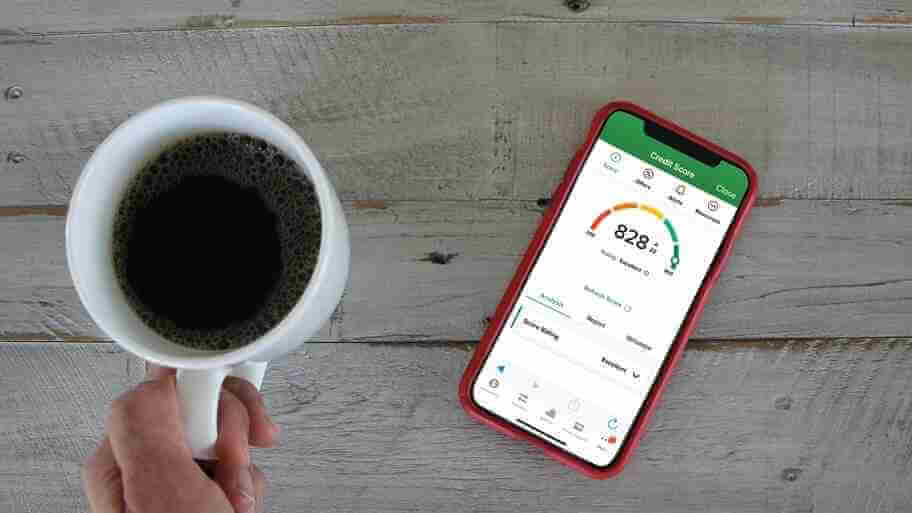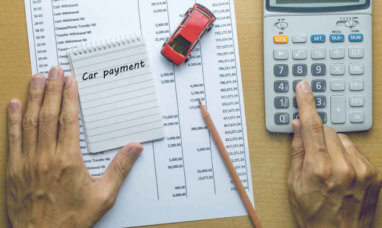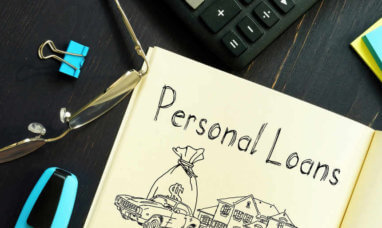When you apply for a personal loan, your chances of getting accepted depend largely on your credit score. Different lenders have different credit score requirements. Some companies may only accept people with excellent credit. Others accept people with bad credit for higher interest rates.
This article will outline the credit score you need for a personal loan, loans you might get on fair or bad credit, and how likely people with certain credit scores are to get a loan.
What Is the Required Credit Score for a Personal Loan?
On average, you should have a credit score of 600 or higher to get a personal loan. As mentioned, however, the credit score requirement varies for different lenders.
For example, Avant requires a score of between 600 and 700, while 96% of Goldman Sachs’ loans go to people with a credit score of 660 and above. Most lenders, however, prefer people with a score of 690 and above.
What You Need to Qualify for a Personal Loan
Your credit score isn’t the only factor that lenders will consider when assessing your loan application. You also need a good credit history and a significant amount of income compared to debts in order to qualify for a personal loan with an affordable interest rate.
The main requirements to qualify for a personal loan are:
-
-
- Credit score: Credit scores range from 300 to 850. Your score should ideally be over 600 if you want to qualify for a personal loan. Your credit score is determined by your payment history, credit utilization, credit history, and outstanding debt. So, if your credit score is too low, you can raise it by paying your debts off on time.
- Debt-to-income ratio: Your debt-to-income ratio should ideally be under 36%, though up to 50% might be acceptable to some lenders. This score, expressed as a percentage, represents how much of your income goes towards paying off debts. You can lower it by reducing your outstanding debts.
- Credit history: Most lenders require a credit history of 2-3 years or longer. This history details when you have taken out lines of credit and whether you make your payments on time. Through your credit history, lenders can gauge how likely you are to pay their loan back on time.
- Collateral: Qualifying for a personal loan may even depend on the value of the collateral you pledge. If lenders feel they can get their money back by selling the asset should you fail to pay back the loan, it may increase your chances of acceptance. While an unsecured personal loan may seem tempting, consider securing your loan for a better chance of acceptance and to access lower interest rates.
- Free cash flow: Your free cash flow should also be high to qualify for a personal loan. This cash flow includes money you have left in your bank account after paying expenses.
-
Personal Loans for Fair or Bad Credit
Some lenders do approve people with bad credit for loans. In such cases, the lenders often look at alternative factors such as your free cash flow to approve you for the loan.
However, such loans often come in low amounts and have higher interest rates. Interest rates on loans for borrowers with bad credit may be as high as 36%.
Also, when you already have a low credit score, applying for a loan may drive it even lower. So, it is best to focus on building your credit score and pre-qualifying before you send in a loan application.
To build your credit, you should generally focus on making payments towards your current debts on time. You can meet with a certified financial professional to get advice on how to build credit in your particular situation.
If you are taking out a loan with fair credit, you will also face higher interest rates than those with good credit. Try to pay back your loan as quickly as possible to avoid paying too much interest.
When you have bad credit, you don’t just risk paying a higher interest rate. You may also have to pay higher origination and pay-off fees. If you still want to take a loan on bad credit, choose a company that does not charge an early pay-off fee. One such company is Upstart.
Instead of taking a loan on bad or fair credit, you can consider the following alternatives:
-
-
- 401 (k) loans
- Home equity loans
- Secured personal loans
-
What Credit Scores Can You Get Approved With?
Wondering if your credit score is high enough to be approved for a personal loan? We analyzed various credit scores to determine if you should apply.
Can I Get a 480 Credit Score Personal Loan?
A 480 credit score is very low—much lower than the fair credit score (580). In most cases, you won’t get a loan. If you do, you will have to pay a very high interest rate. On top of that, you will most likely get a low loan amount.
With a 480 credit score, you should focus on building it up and take a loan once you have increased it to 580 or higher.
Can I Get a 592 Credit Score Personal Loan?
With a 592, you might qualify for a fair credit loan. Most lenders will not accept your application, but the likelihood is higher than if you had bad credit. You should be able to find a lender that will accept you if you shop around. You may also get approved for a lower loan amount and higher interest rate than if you had good credit.
Ideally, you should build your credit score before applying. If you still want to take a loan, shop around for the best rate available to you and try to pay it back on time to avoid an excessive accumulation of interest.
How the Credit-Checking Process Works
When checking your credit score, lenders will often access your information through one of the 3 main credit bureaus: Call Credit, Equifax, and Experian. They will then conduct a credit check which involves reviewing your financial situation.
Equifax is the oldest credit referencing bureau in the UK, so your Equifax credit is often favored by banks and other lenders.
To get personal loans that pull Equifax, you need to have a good credit rating, and you should not have missed too many payments. Many lenders, including Barclays and American Express, use Equifax.
Final Thoughts
To qualify for a personal loan, you generally need a credit score of 600 or above. For scores lower than 600, you may get a bad credit loan which will involve high interest rates and a low loan amount.
For scores less than 660, you can get a fair credit loan which has a higher chance of acceptance than a bad credit loan. However, you will still face high interest rates and low loan amounts. For fair and bad credit scores, you should focus on building up your credit score before applying for a loan.
Featured Image: Twenty20








